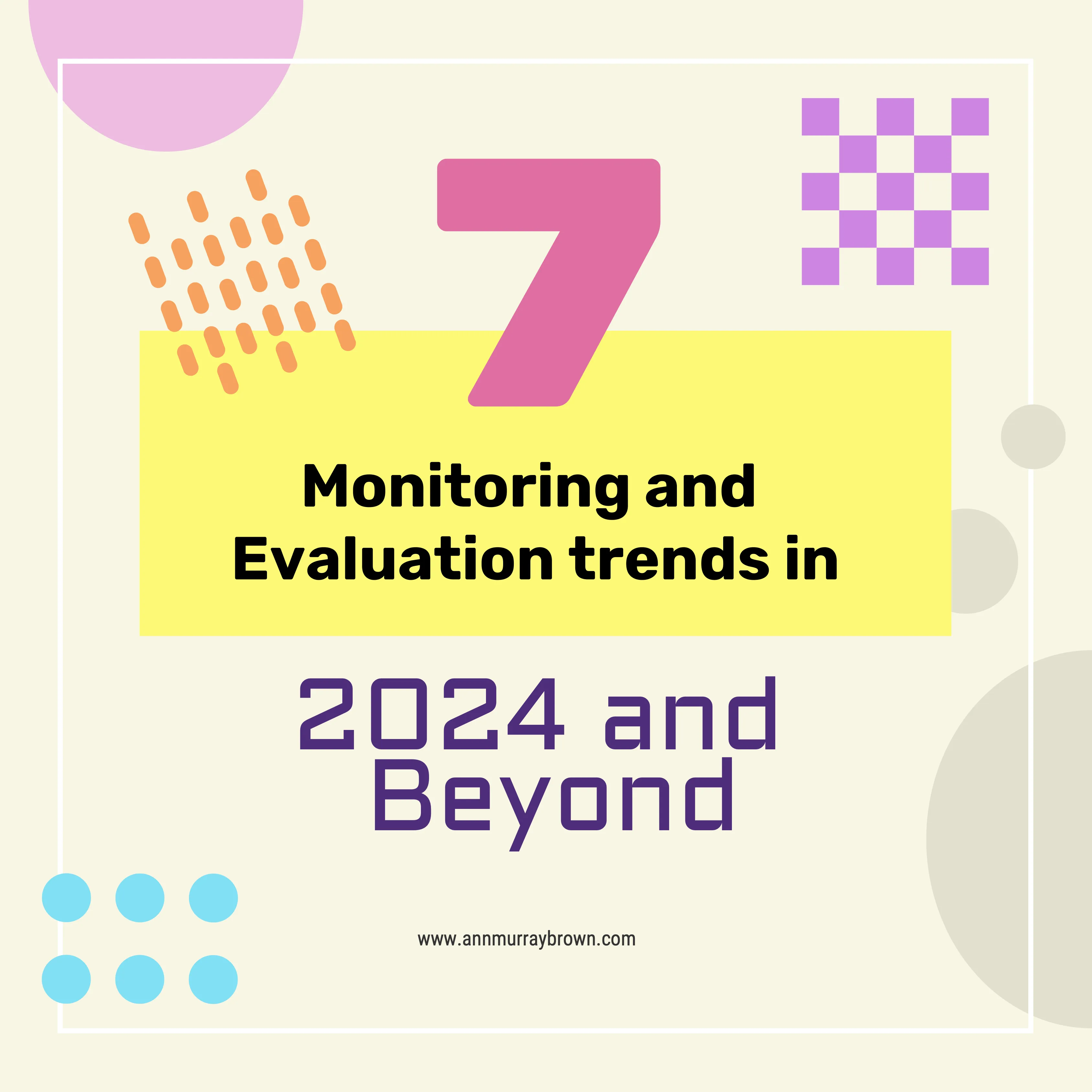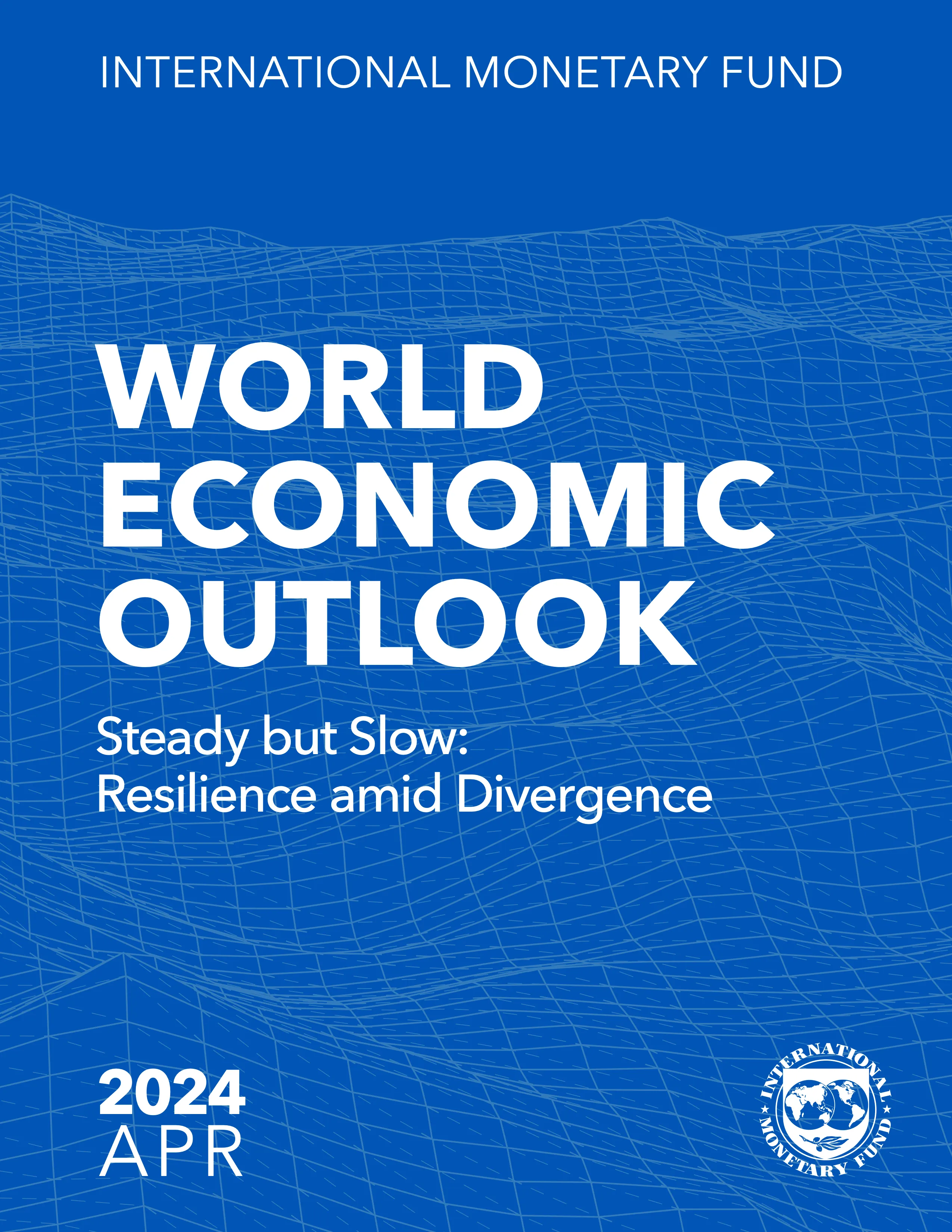Artificial Intelligence
The use of AI will have increasing prominence in data analysis and reporting. Monitoring and Evaluation professionals will need to be proficient in the use of AI models to maintain their relevance in the marketplace.
Equity & Inclusion
M&E practitioners will be increasingly called upon to ensure that M&E activities are conducted in a way that addresses issues of equity, diversity, and inclusion. This involves examining the impacts of programs on marginalized populations and understanding how to measure progress in these areas. M&E methods that focus on participation, equity and inclusion will be in demand.
Adaptive and ‘Complexity-Aware’ methods
These approaches recognize that programmes and interventions are complex, dynamic and may require ongoing adjustments. As such, methods that allow for real-time feedback and adaptation will continue to be given attention. Likewise, evaluations will become more future sensitive so there will be exploration of methods such as foresight in the evaluation practice.
Environment & Climate
With a growing focus on sustainability and climate change, there is an increased interest in ‘footprint evaluations’ to gauge the effectiveness of programmes and interventions in this area.
Data Visualization, Story-Telling and Communication
Effectively communicating evaluation findings will continue to be relevant. This involves using data visualization and storytelling techniques to make complex information more accessible and
Understandable to a broader audience. Cultural Competency in Evaluation
This involves understanding and respecting the cultural context in which evaluations take place, and ensuring that evaluation methods are culturally sensitive and appropriate.
Focus on System Evaluation
This approach will increasingly be used to understand and assess complex social systems (which can encompass a wide range of entities such as organizations, networks, communities, or entire sectors).
Grab the PDF version here.





